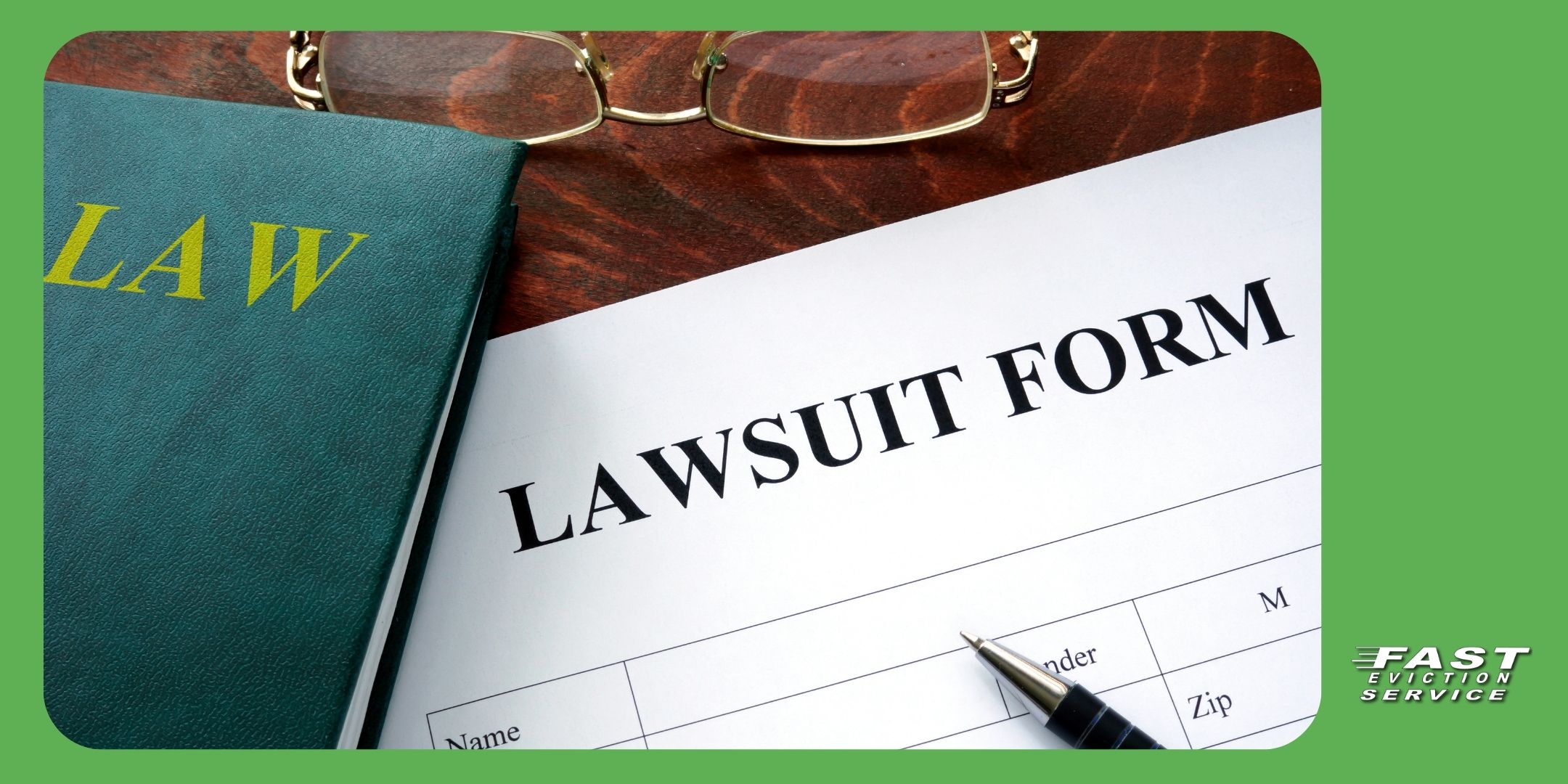Updated 12/24/24
Illegal rental units are a significant issue in California, where housing regulations are among the most stringent in the country. While renting out such units might seem like an easy way for landlords to maximize income, it often comes with complex legal and financial risks. This article explores how evictions work in illegal rental units, the potential consequences for landlords, and best practices for managing these situations.

Table of Contents
- What Are Illegal Rental Units?
- Evictions in Illegal Units: Key Considerations
- Legal Risks for Landlords
- Tenant Rights in Illegal Rentals
- Legalizing an Illegal Unit: Is It Worth It?
- Frequently Asked Questions
What Are Illegal Rental Units?
Illegal rental units are properties rented without adhering to local zoning laws, building codes, or safety standards. These often include unpermitted conversions, where spaces like garages or basements are turned into living areas without obtaining the necessary permits.
Another example is overcrowded properties where the number of rented spaces exceeds zoning allowances, violating local regulations. Non-compliant units are also common and refer to structures that fail to meet required safety inspections or approvals.
These properties often lack essential features such as proper ventilation, fire exits, or functional amenities, creating unsafe conditions for tenants.
Evictions in Illegal Units: Key Considerations
Evicting a tenant from an illegal rental unit is far more complex than a standard eviction. California law generally aims to protect tenants, even in situations involving non-compliant rentals. Landlords may attempt to evict tenants for reasons such as nonpayment of rent, creating a nuisance, or violating lease terms, but these reasons are subject to greater scrutiny when the unit is deemed illegal.
Tenants who discover the illegality of their rental unit often use this as a defense in eviction cases, arguing that the landlord has violated housing codes. Courts, in some instances, refuse to enforce eviction orders for illegal units, as doing so may implicitly support an unlawful situation. This creates additional hurdles for landlords seeking to regain possession of their property.
Legal Risks for Landlords
Landlords renting out illegal units face numerous penalties and liabilities, making it a high-risk endeavor. Renting an illegal unit can result in significant fines imposed by local authorities, with penalties often escalating for repeated violations.
Additionally, landlords may be required to compensate tenants who have lived in such units. In some cases, courts order landlords to reimburse tenants for all rent paid during their tenancy, citing the illegality of the arrangement.
Another major concern is the potential loss of insurance coverage. Insurance policies typically exclude coverage for damages or incidents occurring in unpermitted structures, leaving landlords financially vulnerable. Beyond financial penalties, landlords may also face lawsuits from tenants, particularly those evicted from illegal units, which can lead to further financial and reputational damage.
Tenant Rights in Illegal Rentals
Tenants living in illegal rental units enjoy several protections under California law. For instance, tenants who are evicted from such units often have the right to sue their landlords for rent reimbursement, claiming that the rental arrangement was unlawful. Courts are also less likely to enforce evictions involving illegal units, especially if the tenant can demonstrate unsafe living conditions or the landlord’s violation of housing codes.
Tenants have the right to report landlords to local authorities without fear of retaliation, even if they are living in an illegal unit. In certain cases, tenants displaced from illegal rentals are entitled to relocation assistance, which landlords may be required to provide. These protections underscore the importance of compliance with housing laws to avoid costly disputes.
Legalizing an Illegal Unit: Is It Worth It?
For landlords, the best way to avoid the legal and financial pitfalls associated with illegal rentals is to legalize the property. The process begins with consulting local authorities to understand zoning requirements and identifying the permits needed for compliance.
It is often necessary to hire a professional contractor to bring the unit up to code, ensuring adherence to safety and building regulations. Applying for the required permits involves submitting comprehensive documentation and undergoing inspections by local officials.
Landlords should also budget for potential modifications, as structural changes are often needed to meet local standards. While the process can be costly and time-consuming, legalizing a unit mitigates legal risks, enhances property value, and ensures safer conditions for tenants. Ultimately, it is an investment in long-term security and compliance.
Frequently Asked Questions
1. What is the penalty for renting an illegal apartment in California? Renting an illegal apartment can result in fines ranging from hundreds to thousands of dollars, depending on the severity of the violation and local regulations. These penalties often increase for repeat offenses, creating significant financial risks for landlords.
2. Can a tenant evicted from an illegal unit sue for back rent? Yes, tenants can sue for reimbursement of rent paid during their tenancy in an illegal unit, arguing that the landlord was operating unlawfully. Courts often side with tenants in these cases, emphasizing the importance of housing code compliance.
3. How can I determine if my rental unit is illegal? Determining the legality of a rental unit involves checking for required permits and ensuring zoning compliance. Confirm that the unit meets all local safety and building codes. Consulting with local housing authorities is a proactive step to identify and address any potential violations.
By understanding the complexities of evictions in illegal rental units, landlords can make informed decisions and reduce legal risks. Taking proactive steps to legalize units or resolve disputes with tenants ensures compliance with California law while promoting safe housing for all.




